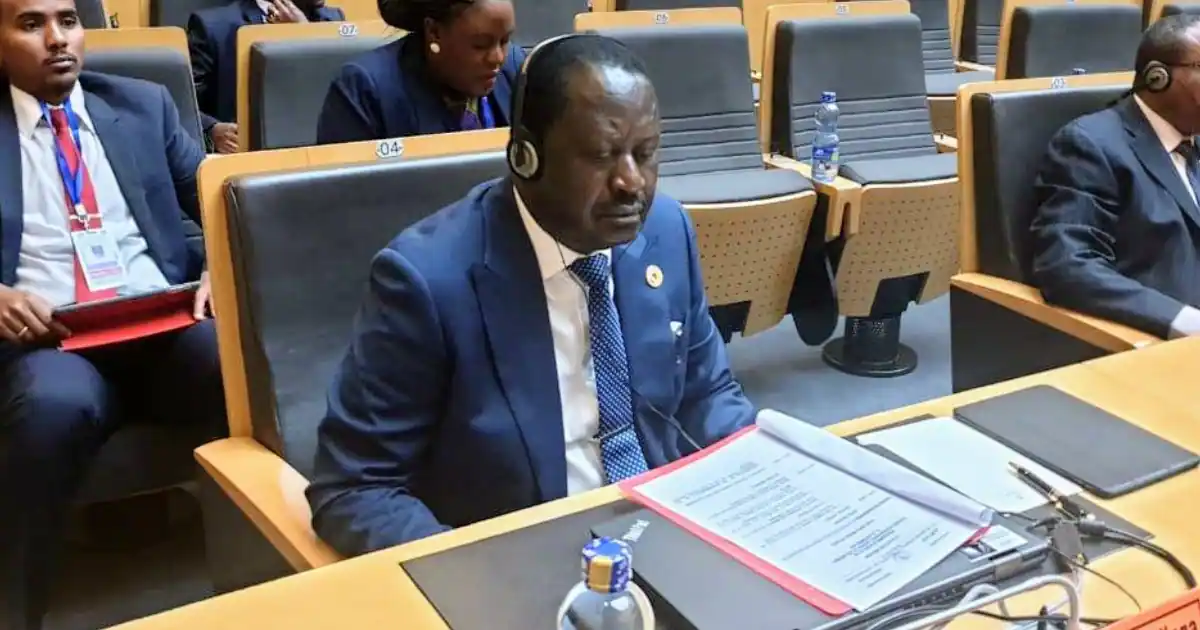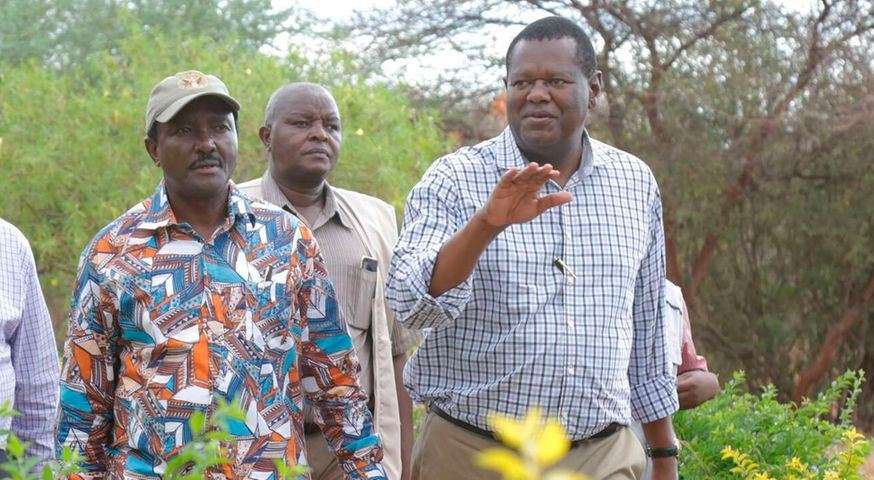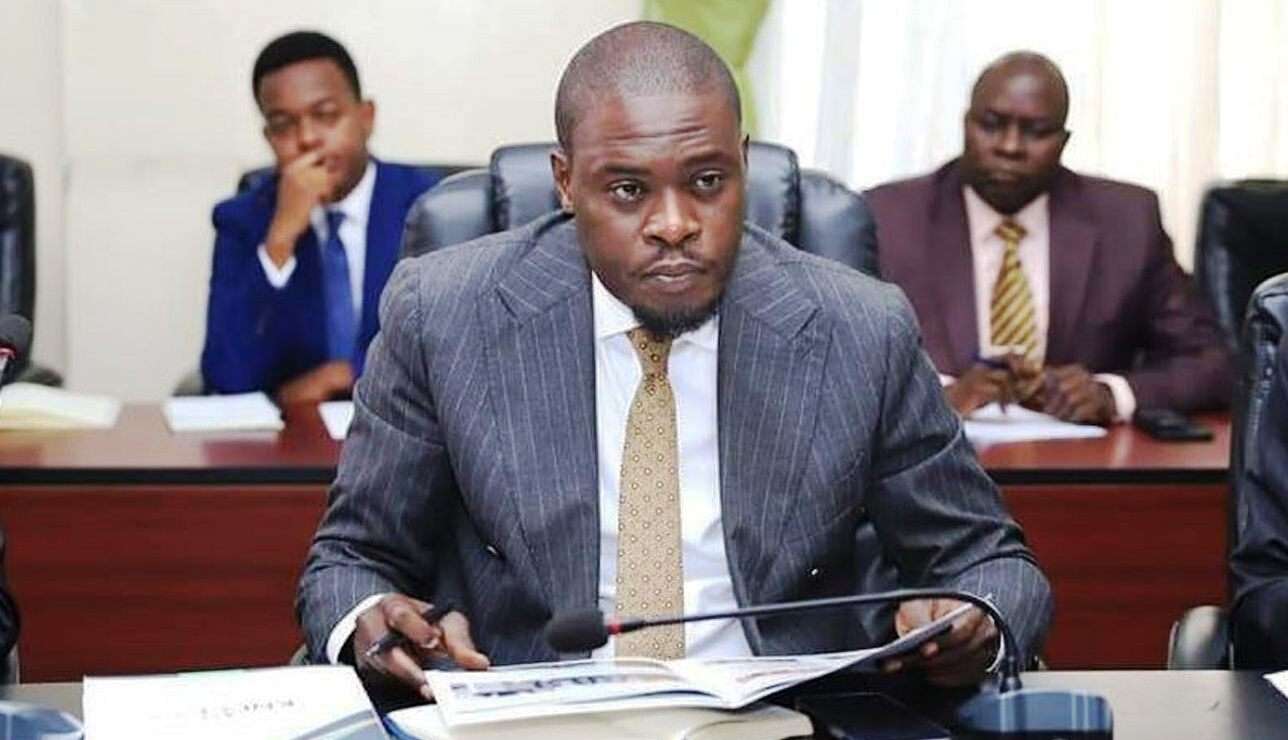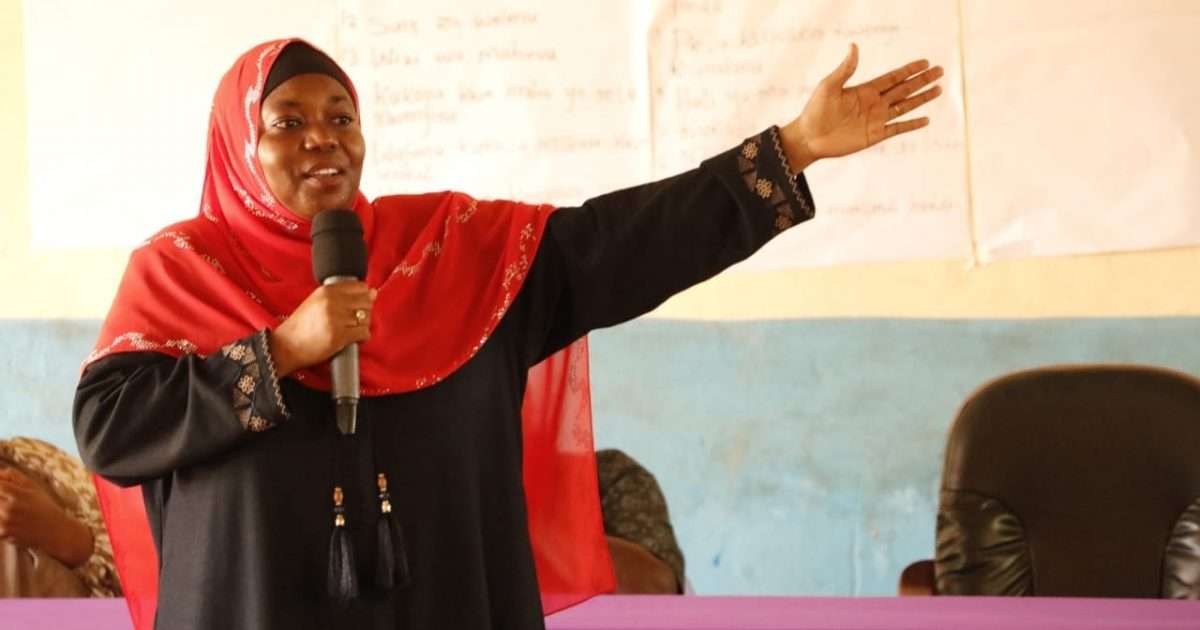By The Weekly Vision Team
In politics, there are no coincidences, everything is planned, coordinated and implemented to achieve a particular objective. Raila Odinga’s plan to become the AU Commission chairman seems to be progressing well, judging by a statement from the Permanent Representatives Committee of the African Union.
At first, there were obstacles set in Mr Odinga’s path, supposedly set by ‘opponents’ to prevent him from running for the top seat. Nevertheless, destiny seems to be working in his favour and will most likely grant him the position without breaking a sweat. Based on the recent statements issued by the Permanent Representatives Committee of the African Union, it appears highly probable that Raila Odinga will be elected with a significant majority, possibly without any opposition.
Based on official communication from the PRC, the committee has expressed a clear consensus in favour of the inter-regional rotation approach. This approach allows the East African region to put forward nominees for the chairperson’s position. The East African Community (EAC) comprises six partner states: Burundi, Kenya, Rwanda, South Sudan, the United Republic of Tanzania, and the Republic of Uganda.
Already, Kenya’s president, William Ruto, has endorsed Odinga, as have Paul Kagame of Rwanda and Suluhu Hassan of Tanzania, as well as Yoweri Museveni of Uganda, who has, of course, volunteered to propose him. What this therefore means is that if South Sudan and Rwanda decide not to oppose Raila’s candidacy by sponsoring their preferred candidate, then it signifies that Raila will effortlessly assume the chairmanship unopposed, as it is exclusively reserved for the East African region.
Attempts were made to establish intra-regional rotation based on the English alphabetical order. This presented a new obstacle for Mr Odinga, but the Permanent Representatives Committee recommended that interregional rotation should be decided through regional consultations instead of adhering to the English alphabetical order. Had the committee enforced the English alphabetical order, Raila might have been left out, as Burundi is alphabetically ahead of Kenya.
The obstacle to gender equality and the previous suggestion that the next AUC chairman should be a woman posed another challenge for Raila in securing the position. However, the Permanent Representatives Committee has played down the issue and is now proposing that the East African region should have the freedom to nominate candidates of either gender for the positions of chairperson and deputy chairperson.
Considering the pending approval of these suggestions, it is highly likely that Raila Odinga could secure the AUC chairmanship without facing any opposition. An in-depth analysis by The Weekly Vision has revealed that the Permanent Representatives Committee (PRC) is a mighty committee that comprises the Permanent Representatives of the Union. The PRC conducts the day-to-day business of the African Union (AU) on behalf of the Assembly and Executive Council. It reports to the Executive Council, prepares the Council’s work, and acts on its instructions. All AU member states are members of the PRC.
The core functions of the PRC are that it acts as an advisory body to the AU Executive Council, prepares its Rules of Procedure, and submits them to the Executive Council. Prepare Executive Council meetings, including the agenda and draft decisions, and make recommendations on areas of common interest to Member States, particularly on issues on the Executive Council agenda, among others.




